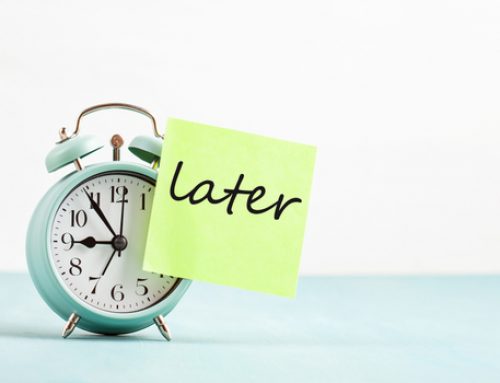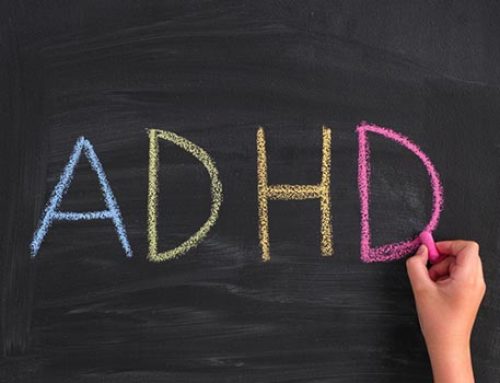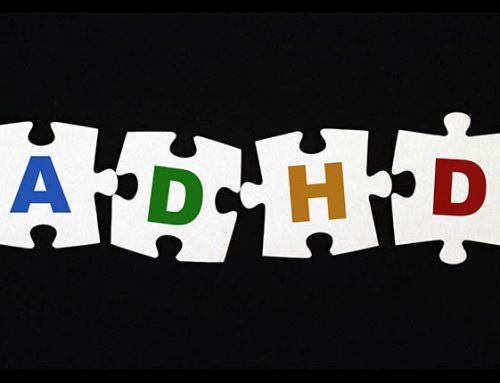Why is it that students with ADHD are highly focused on some tasks, while they are unable to complete or even start others?
When students with ADHD need to complete a task, they often have difficulty with a number of executive functions: task initiation, planning and prioritizing, organization, focus, sustaining their efforts, and utilizing short-term working memory. But, in addition to these executive functions, they also have trouble with motivation.
Feeling unmotivated is a major obstacle for those with ADHD, especially if the task is boring or uninteresting.
The mystery for students with ADHD is exactly what, when, or how any particular event or action will trigger their brain to “get in the zone”.
Parents often ask me, “How can my child spend hours on a video game, but can’t spend 5 minutes on their homework?” There is not just one simple answer to that question. Research does show that high interest is a major contributor to task activation in children with ADHD.
William Dodson, M.D. has found that the ADHD nervous systems look for interest, competition, and urgency as the primary motivators for task activation. The issue is really not that ADHD impedes motivation. Instead, the ADHD brain is very picky about those things that will trigger motivation.
Going back to the video game example, it is easy to assume that the game is of high interest to the child because of all of the action and the reward at the end. Homework, on the other hand, has no exciting action, and the reward is perhaps a higher grade. But, since students don’t receive an immediate reward after doing their homework, this reward can often not provide enough of a reward for students with ADHD.
“How can my child spend hours on a video game, but can’t spend 5 minutes on their homework?”
Believe it or not, there are many students with ADHD who have no interest in video games or social media. They might find writing a paper on a favorite vacation spot, for example, to be much more interesting. The point here is that our brains are very sophisticated. We may not be able to predict what exactly will “excite” the brain. Also, while a video game might spark the ADHD brain’s interest today, it may have no interest in the video game a week from now. Therefore, it is very hard to understand how to boost motivation in the ADHD brain.
The mystery for students with ADHD is that they do not know what, when or how any particular action will trigger their brain to “get in the zone”. They do know that once the interest is triggered, they can be as productive, and oftentimes, more productive than neurotypical students. This is often referred to as hyperfocus. This is what makes ADHD somewhat like a superpower. It is amazing how their executive functioning deficits seem to disappear. But, it seems as though there is no control, or predicting when this will happen.
So, what to do about it? It has long been touted that reward systems and consequences can be a beneficial behavior modification for ADHD. Logic would say that earning a reward for a positive behavior, or having a consequence for a negative behavior should be enough incentive to influence that behavior.
How many times have you as a parent found yourself taking away your child’s cell phone as a result of unwanted behaviors? Probably more often than you care to think about. While this type of action might be useful in the short term, it does not create long-term behavioral change in children with ADHD. So, while rewards and consequences may work very well for the neurotypical student, they are less than ideal for the ADHD student.
Instead of the standard reward and consequence system, Dodson suggests that a student with ADHD create their own system. He calls it the ADHD Owner’s Manual. This technique requires a lot of observation and self-reflection. It entails keeping a log of every time the student is “in the zone” or hyper-focused. The log should track:
- The task
- The time of day
- How long it lasted
- What feelings were experienced (e.g., intrigue, competition, urgency)
- Any techniques that emerge to keep the behavior going.
The latter should include some details about the feelings. For example:
- Is it because they are intrigued? If so, what, specifically, in the task or situation intrigues them?
- Is it because they feel competitive? If so, what in the “opponent” or situation brings up the competitive juices?
The log should be kept for about a month. This will allow enough time for patterns and techniques to emerge that could enlighten the student on their behavior. With this information, the student can develop strategies for long-term behavior.
If you want to learn how to develop strategies to help you have an easier time getting “in the zone” and hyper-focusing, you can contact me.







